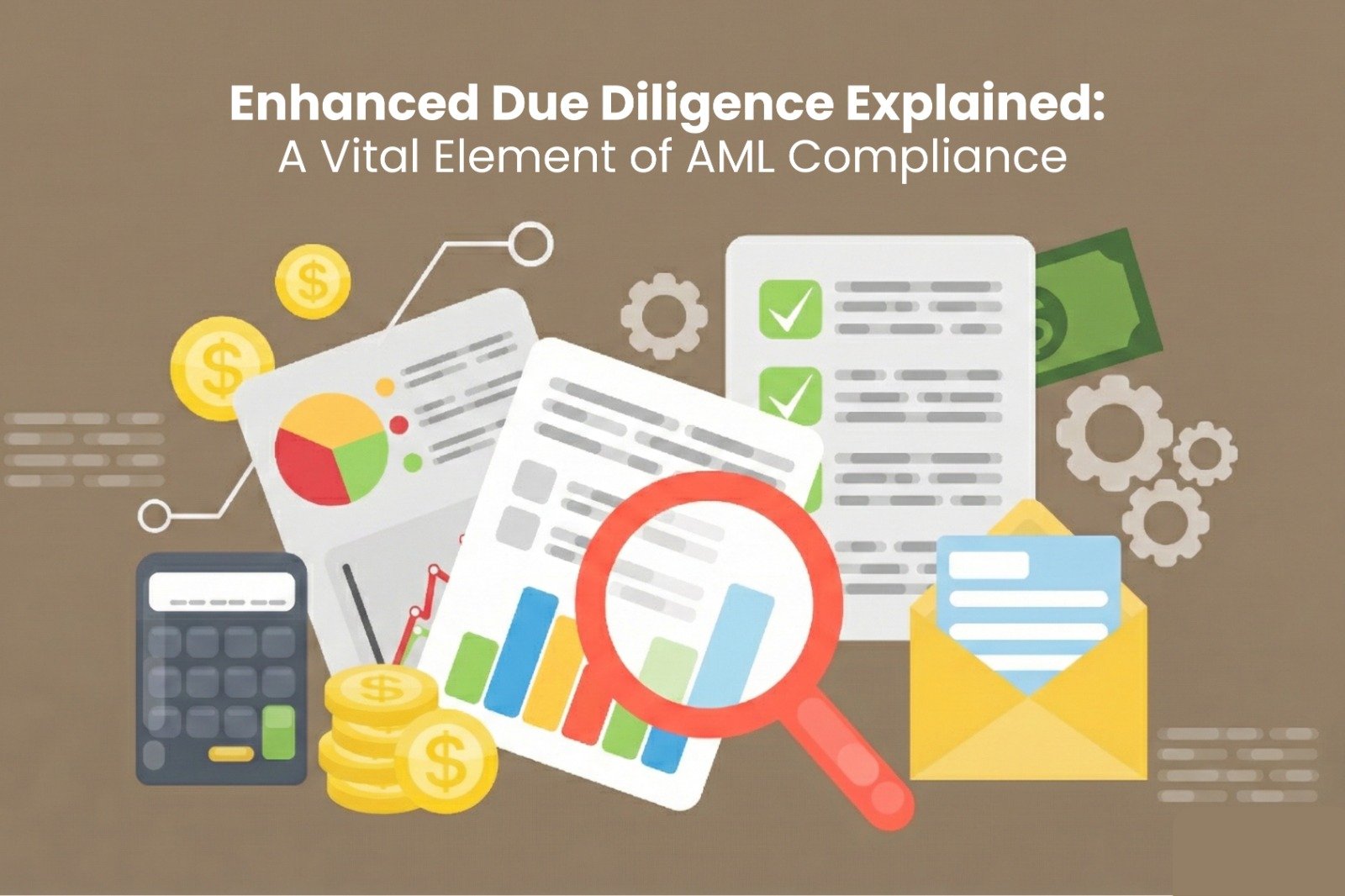As the UAE continues to evolve as a global business hub, the introduction of UAE Corporate Tax marks a significant shift in the regulatory landscape. To operate legally and efficiently, businesses must understand and comply with the UAE Corporate Tax Registration requirements.
Whether you’re a startup, SME, or a multinational entity, timely and accurate registration is essential—not only to avoid penalties but also to ensure long-term financial transparency and growth.
In this blog, we’ll guide you through the essentials of Corporate Tax Registration in the UAE, what you need to know, and how to stay compliant.
Why UAE Introduced Corporate Tax
The introduction of Corporate Tax in the UAE (effective from June 1, 2023) aligns the country with international tax standards and supports its efforts to combat base erosion and profit shifting. It also ensures the UAE remains compliant with global regulations while continuing to attract foreign investment.
This new tax regime applies to businesses and other entities with annual profits exceeding AED 375,000 at a standard rate of 9%. Below this threshold, businesses enjoy a 0% tax rate, designed to support startups and small enterprises.
Key UAE Corporate Tax Registration Requirements
Here are the primary steps and considerations for businesses to ensure proper UAE Corporate Tax Registration:
1. Determine Eligibility
Businesses must assess if they fall within the scope of corporate tax. Generally, companies incorporated in the UAE or operating through a permanent establishment are subject to registration. Exempt entities such as government bodies, qualifying public benefit entities, and certain investment funds must still register unless specifically exempted.
2. Meet the Registration Deadlines
Companies must register with the Federal Tax Authority (FTA) within the prescribed timelines. The FTA has issued schedules based on license issuance dates, with deadlines extending through 2024. Failure to register on time could result in administrative fines up to AED 10,000.
Tip: Check the FTA’s Corporate Tax registration deadlines by license issue date.
3. Gather Required Documentation
To complete your Corporate Tax Registration in UAE, businesses will need:
- Trade license
- Emirates ID and passport copies of owners
- Memorandum of Association (MOA)
- Authorized signatory documents
- Financial statements or details of accounting period
4. Choose the Right Accounting Period
The standard tax period is 12 months, and the first tax period should begin either on or after June 1, 2023. Businesses must determine and declare their financial year correctly during registration.
5. Maintain Robust Record-Keeping
To stay compliant, businesses are required to maintain proper financial records for at least seven years (FTA UAE). This includes all invoices, contracts, receipts, and bank statements, especially those relating to income and deductible expenses.
Penalties for Non-Compliance
Failure to comply with UAE Corporate Tax registration requirements can result in substantial administrative penalties, as outlined by the Federal Tax Authority (FTA). The UAE government has adopted a structured penalty regime to enforce timely registration, accurate filing, and proper recordkeeping.
These penalties are not only financial but can also impact a company’s legal standing and business continuity. Understanding these consequences is essential for all business owners and finance teams to avoid disruptions, especially during the initial phase of Corporate Tax implementation. Staying informed and acting within the prescribed timelines can save businesses from hefty fines and reputational damage.
Non-compliance with UAE Corporate Tax Registration can lead to:
- Administrative penalties starting from AED 10,000
- Additional fines for incorrect or incomplete filings
- Audit-related consequences and reputational damage
These penalties emphasize the importance of working with experienced professionals who understand the evolving tax framework.
Also note that UAE launches penalty waiver initiative to encourage Corporate Tax Registration and Return Filing Compliance. To benefit from the waiver, those businesses charged with the penalty of AED 10,000 for delay in registration for corporate tax, are now eligible to claim waiver provided they must file their tax return or annual statement within seven (7) months from the end of their first tax period, as defined under the Corporate Tax Law.
This decision shows the UAE government’s proactive effort to encourage early compliance, reduce financial strain, and simplify procedures for businesses adjusting to the new corporate tax system.
How Businesses in Dubai and Abu Dhabi Can Ensure Compliance
Whether you operate in Dubai, Abu Dhabi, or across the UAE, the steps to ensure tax compliance remain the same, but local expertise can make a significant difference.
Businesses should:
- Appoint a corporate tax consultant to manage registration and tax return filings
- Conduct periodic tax readiness assessments
- Stay updated with FTA announcements and guidelines
- Automate accounting and tax record-keeping where possible
Conclusion
Ensuring compliance with UAE Corporate Tax Registration is not just a legal obligation—it’s a strategic move that can protect your business from financial and operational risks. With the right guidance, businesses can streamline the process, avoid costly penalties, and focus on sustainable growth.
At Auditac, we specialize in corporate tax registration in UAE, serving businesses in both Dubai and Abu Dhabi. Our team of tax experts and consultants is committed to helping you meet every compliance requirement with confidence. Need help registering for UAE Corporate Tax? Reach out to Auditac today and ensure you’re fully compliant from day one.












